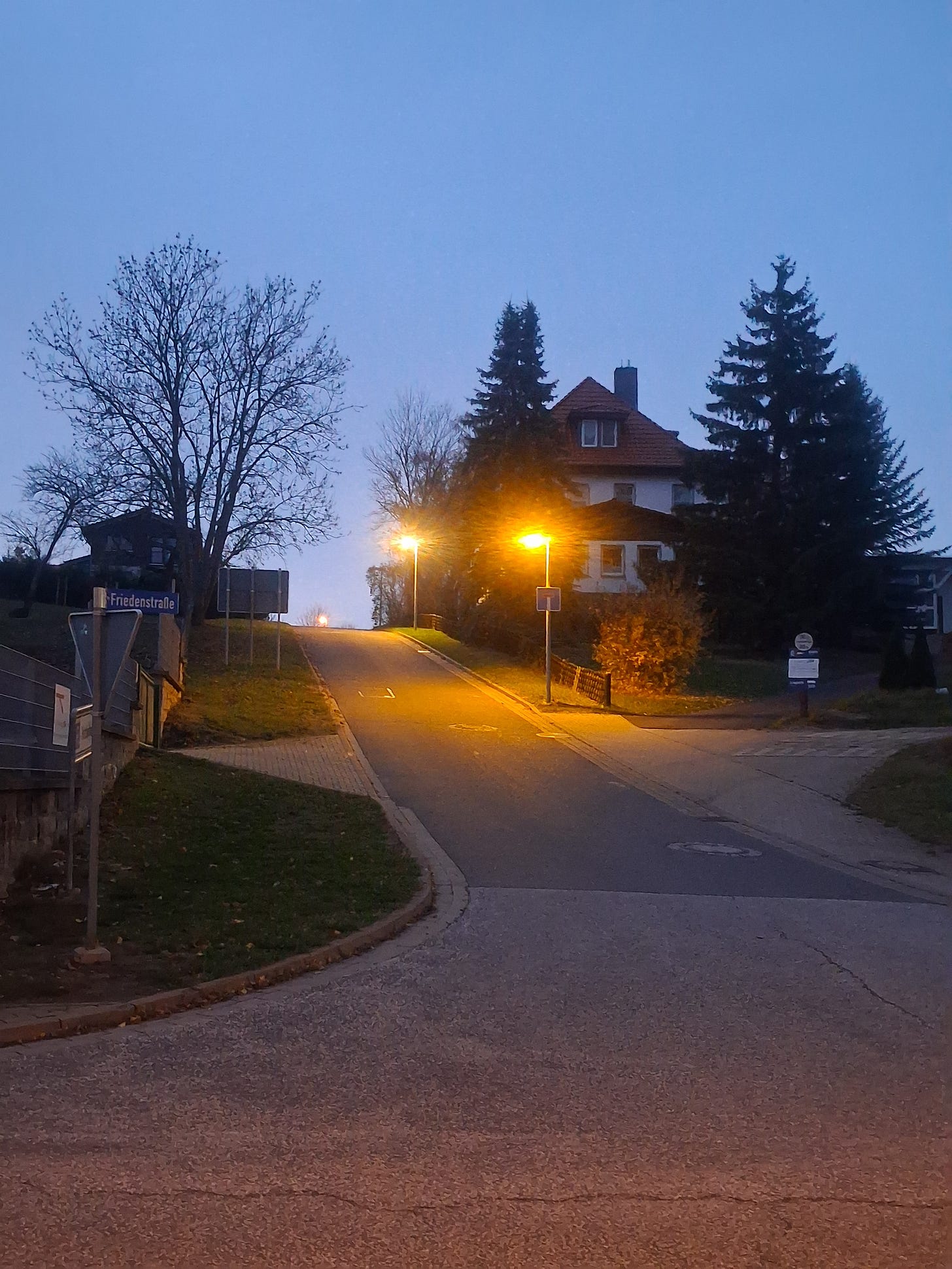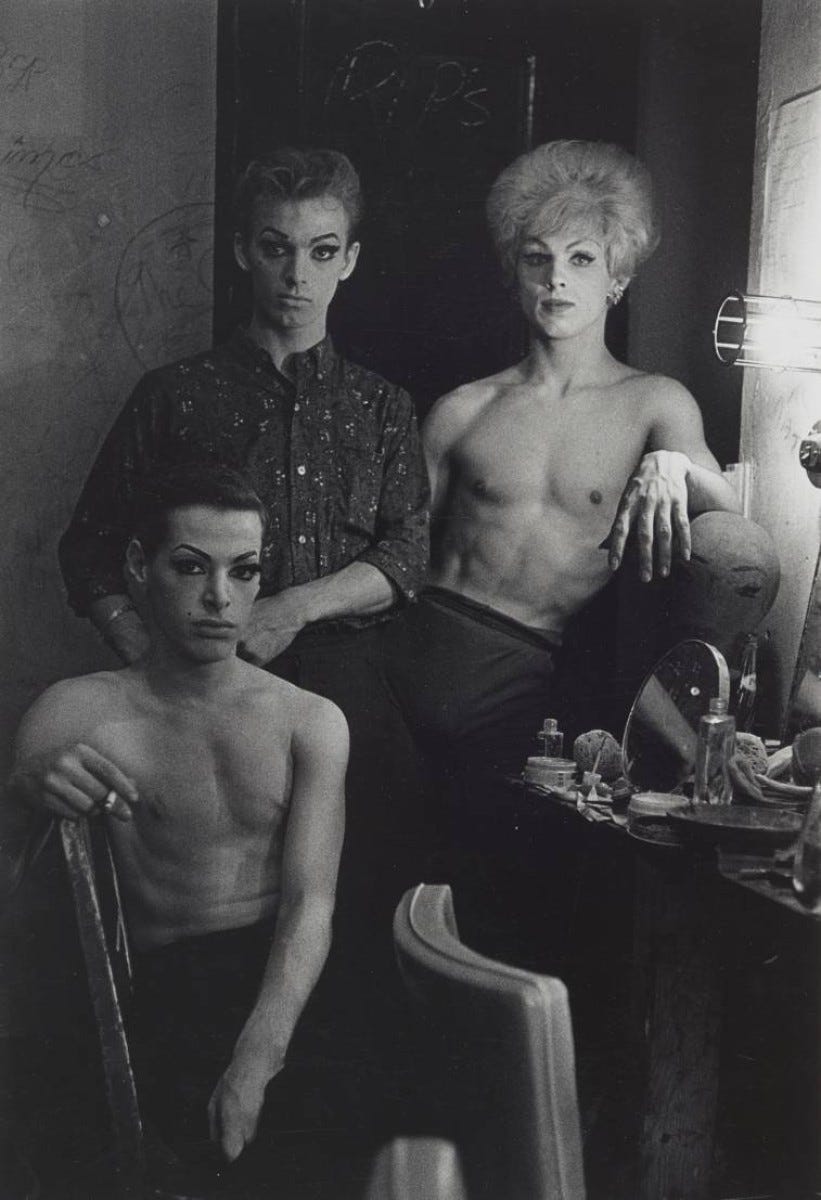Any American abroad has probably had this experience. You’re sitting at a bar on some foreign shore, and eventually you disclose where you’re from, if they haven’t figured it out already (and no faking you’re Canadian, that’s pussy shit and you know it). And eventually, they can’t help themselves, but say something along the lines of…
“Ha ha you Americans think cheese comes in cans, ha! Cheez Whiz ha! What you want to shoot your gun at me, Wild Bill Hickok?”
I mean, I enjoy dunking on my own country, and if they’re clever enough and interesting enough to talk to, I’ll join in on the jabs on the States, and make a few regarding their country too. After all, I’ve probably had Cheez Whiz less than five times in my life, so I’m perfectly happy incorporating other nations’ unfair stereotypes into the banter. Friendly ballbusting is one of the best forms of diplomacy.
And while I’ve had this conversation with people of many nations, Germans are by far the worst offenders. When I see the guy in the Birkenstocks with wool socks, I know he’s going to give me a talking to, and he probably won’t be nearly as funny as his Irish or Mexican equivalent.
But then I look around, as I sip my Riesling in a chilly autumn public square in the Bundesrepublik, at the apple cheeked and neckbearded young men in shapeless hoodies, at the icy slender blonde women with ponytails wearing jogging gear, at the jowly and thick-necked and beer-gutted old men in polyester, at the ladies pouring me the excellent wine – one with scraggly hair and eyeliner too thick in a pink fleece jacket, one with hair chopped short and square-framed glasses – all the faces I know from the golf courses and prayer breakfasts and dental offices of Des Moines.
But it’s not just the rubicund phenotype, which of course crossed the Atlantic from greater Germania to my native Middle West.
You have your image of German food, giant sausages and hunks of meat and heaps of potato salad and mash, washed down with great flagons of beer. It’s not at all bad, and can even be very good – but really how much difference is there between that and what you’d get at the average Wisconsin supper club? But just like in Middle America, that’s far less abundant than the takeout places where you can get a pizza or some fast food with origins from migrating brown people (tacos for us, kebabs for them). And whoever talks about the superiority of European groceries has never been to a Rewe supermarket in provincial Germany. At a cozy little tavern, they keep promoting something called “pizza salad.” I am not tempted. In a little town at the foot of the Harz Mountains, I see the fluorescent-lit Chinese place in the Aldi parking lot. There’s a special on orange chicken today.
Or consider the shops I pop into. Granted, the local wine they’re selling is a damn sight better than what you’d get in Ohio, but other than that? Shitty elevator music, kooky little tchotchkes with cutout wooden hearts, doilies with little jars of jam, disgusting fruity home scents. I might as well be at a welcome center on I-90.
Some ladies doth protest too much indeed.
Of course, I came for something more transcendent, and I found traces – I found it in the mist-wreathed schlossen high above the vineyards of the Mosel, where blue slate gravels give us wines of incomparable elegance, or in the spooky old East German transmitter tower emerging through the icy fog high up on the Brocken, from where the witches fly from on Walpurgisnacht, and from where a certain Austrian broadcast his commencement speech for the 1936 Olympic Games, but fuck his teetotaling and vegetarian ways, I had hot coffee enlivened with herbal bitters and a bowl of solyanka to beat back the chill. In the smoke-filled café lined with yellowed movie posters, covered in decades of graffiti, angular men behind the bar, Ian Curtis’ voice warbling through the speakers. In the skeletal industrial wastelands of the Saarland I know from the photography of Bernd and Hilla Becher, in the agonized faces of Albrecht Dürer and Matthias Grünewald, in the scarred heads of Christ and the Four Evangelists in the old basilica built by Emperor Constantine, its adornments ripped out in the Protestant Reformation, its heavy cedar roof destroyed by British bombs, and so all that was left of the old splendor were the chipped and cracked faces of a few old visionary Jews.
So I didn’t feel entirely like I was in Davenport. Entirely.
And Berlin, of course, is nothing like Davenport, but this isn’t to say it’s nothing like America, because it’s exactly like Brooklyn.
The hipstery parts of Berlin have remained relatively inexpensive compared to their NYC, SF, and London equivalents. Now, the lingua franca is just as likely to be English as it is to be German, the twitchy Anglos trying to stretch their money fill the streets. Yet there are still enough people who seem to be out doing the thing, some version of that old dream – move to the city, dive into your endeavors with like-minded freaks, hopefully attract the attention of the capital class. Even if many of the forms that now takes look cringe to my aging mind, some possibility still exists, and in that way it’s a bit of a time warp. I asked the bartenders for where to get late night eats, and they had an encyclopedic inventory of open-late immigrant takeout joints, got some kofte, strolled home through the autumn air, and in my morning shower, the perfume of the bar, cigarettes and Nag Champa incense, wafted off my skin and hair… I was 23 all over again.
OK, so it’s not some Berlin of the mind. Sure, I know it’s foolish for me to expect Sally Bowles and the city of stones, David Bowie and Nick Cave lost in the synthesizers and narcotics, commissars in leather coats and skulking dominatrices in leather thigh-highs, but of course I wanted to. But relatively little of those old Berlins remains. Not only because of the carpet air raids of a proud mustachioed Rhodesian who went by the moniker Bomber Harris (“no tears for jerries!”), but also the upheavals of the postwar years, with modernists on both sides of the Wall showing little regard for the past, especially since anything associated with that saber-rattling Prussian kultur was now automatically suspect. This in turn was followed by the giddy boom years after the reunification, so even that modernist optimism towards the future is now passe – the major structures built during the GDR era are torn down without a second thought, and nostalgists have been erecting neoclassical reconstructions of buildings destroyed during the war as if nothing had happened between now and then.
What is there now? Like I said, Brooklyn. There are still a few relics, proud old industrial canals and riverfronts, even if they’re no longer producing motorcycle parts but vegan brownies made with fair-trade chocolate, and there are still the dirty counters on old brick streets where I can get the specialty of the neighborhood (pastrami on rye and a Dr. Brown’s soda for Brooklyn, currywurst and light Berliner weisse beer topped with woodruff syrup for Berlin), there were the cool little galleries, the cocktail bars with skinny intense dudes pouring me a complimentary flight of different evergreen-infused spirits, all of them excellent.
But… along with all the other parts – the 5-over-1 condo buildings with cheeky blinking neon craft beer signs on the ground floor, the urban grit as branding, the largest chunk of the former Berlin Wall, along the River Spree, being dedicated to a bunch of largely really fucking fugly street art for people’s vacay snaps. The café-bar full of tech bros with fashion mullets doing their most horrifying unintentional Lex Fridman impressions. The café-bar full of vacuous talking points on the politics of the Anglosphere, with the coked-out girl castigating me for my moral failings as a yt, ironic given that she was extremely white-passing and far more stylish than me. The café-bar full of wealthy, thin-lipped, and poised xennial Germans in understated luxury apparel who expressed a visceral repulsion at me and looked like they were about to go do rites of Moloch. You tell me I’m in Europe, but I’m seeing fucking tip screens?
My suspicion is that part of what makes Berlin feel like Brooklyn is it has managed to achieve that ultimate dream of Enlightened Brooklyn, to be entirely outside the United States, in an imagined cross-national interzone, at both its best and its worst.
And if I’m going to make this strawman even bigger, the ultimate dream of liberal-minded Germans, it seemed, was to liberate themselves from any notion of complicity with the long shadow of the German past. The response I heard from the very charming, very kind Germans of a liberal cast that I met was that theirs was the land that empowered the WORST GUY EVER, making them by corollary the WORST PEOPLE EVER, as if by self-flagellating sufficiently, the guilt of the past will finally be expiated. Like all forms of self-proclaimed guilt, this is masochism, which is another German specialty, but that’s a tale for a different day. Strike dear mistress and cure his heart.
(see Hans-Georg Moeller on the topic for more and smarter)
And it’s unfortunately an attitude that often translates into self-righteousness. We feel the worst, and therefore we are the best. I have never been told not to do something by strangers more in my life. And we can freely sneer at the less enlightened.
I went to a Diane Arbus exhibition at the Gropius Bau, and Arbus is someone whose work I’ve always adored, but I always felt somewhat uneasy towards. When writers talk about her, they tend to fawn over the dignity and accord she gave to her outsider photographic subjects, but I always felt there to be something lurid about her work. At the exhibition, I looked at the catalog for the photos that really did seem to make their subjects look glamorous, and they were Mia Farrow, Norman Mailer, and various Warhol Superstars. Nudists, drag queens, carnival freaks, and snake handlers and just ordinary, not very attractive, not very poised people seemed almost like fish on display at the market, with the same dead-eyed stares of whole fresh trout on ice, 10 bucks a pound.
And seeing all the impeccably dressed Berliners gawking at the gawking just felt awkward, especially when I gawked back at them.
Arbus, I think, genuinely did want to find the common humanity in her subjects, and the more I learn about her life, she saw her outsiders as kindred spirits, troubled soul that she was. And her empathy is that of someone bearing the same wound, one which maybe we cannot admit we all have. She exposes us to an atavistic form of ourselves, stripped away, rendered vulnerable in all our odd thoughts, flabby, marked, disabled, re-gendered, somehow violated.
But were the gaunt faces of the masterworks of the German Renaissance that I had seen that much different?
And maybe through Arbus’ view of America, they were looking through their chic square glasses at something very familiar.
At the children’s park, the phrase “Sigma Boy,” which I believe is in reference to a TikTok slop content earworm by Russian children, is spraypainted across the slapdash plywood. Lord of the Flies by way of Andrew Tate.
For a long time after the war, the so-called “Rhenish model” did a lot to soften the contradictions of capitalism in West Germany, a social market economy with strong representation of labor in corporate decision-making, and strong bumpers in place to prevent more extreme beliefs on either the right or left, turbocharged by Marshall Plan money. Meanwhile, East Germany, for all its problems, did provide a basic standard of living for its citizens. But since then? The rise of austerity politics in the West, and shock therapy programs in the East – you’re on your own, bucko.
Karl Marx’s childhood home in Trier is now a dollar store.
Which conversely, makes the rise of the AfD, particularly throughout the Eastern regions, a horrifyingly logical likelihood, a black mark that’s increasingly impossible to ignore. Not that their economic position was equitable – they, like all right-populist parties at present, realize they just have to employ proletarian rhetoric without needing any substantive policy behind it. I had thought of them as just another gang of lummoxes, but when their platform includes banning the sale of kosher meat… But whoever their targets may be in 2025, let’s just say I can feel the nights getting a bit more crystalline.
“Ha ha you Americans, you voted for Trump.”
Yeah, well go to Thuringia motherfucker.
And born of rich Amerikaner loam, I only see a series of distorted mirror images. The world is burning. Die vaterland is calling me back. I have a plan…. Mein führer! I can walk!
We’ll meet again…







